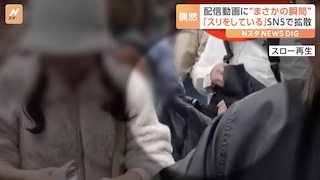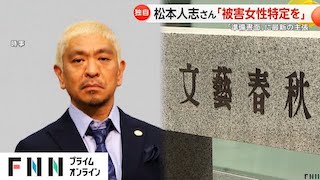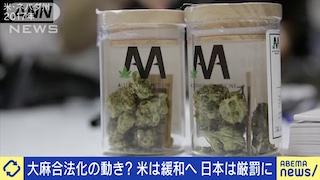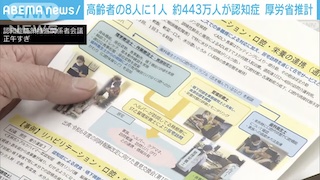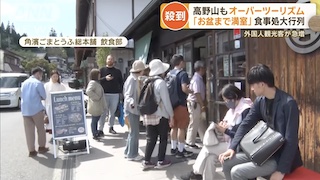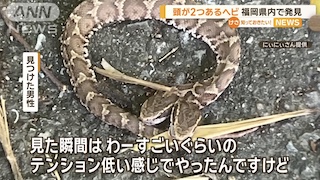Feb 01 (NHK) - Japan's Prime Minister Shinzo Abe says his country will deny entry to foreign nationals who have recently stayed in the Chinese province of Hubei, starting on Saturday. This is to help prevent the spread of the new strain of coronavirus.
Abe revealed the measure on Friday at a government task force meeting on the new coronavirus infection.
He said foreign nationals who have been confirmed to be infected with the virus will be denied entry into Japan.
He also said foreigners who have stayed in Hubei within 14 days before their arrival in Japan or those who hold passports issued by the Hubei provincial government will also in principle be refused entry for the time being, based on Japan's immigration control law.
It is the first time for the Japanese government to designate a specific region and ban the entry of people from there based on the law.
Abe said the measure applies even if the people are not showing symptoms of the infection, as some cases of infection have been detected even in those who do not show any symptoms.
Abe told Cabinet ministers to put the upmost priority on protecting the lives and health of the country's people without being bound by precedents.
Source: ANNnewsCH


